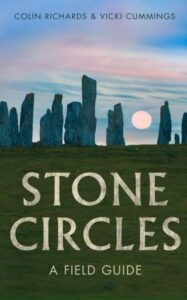As Conrad Gessner is one of those cornerstone figures of Early Modern natural philosophy whose life and work are not as readily known to most, including even a fair number interested in the subject, the publication of this newly translated biography of him presents a superb opportunity to discover, or improve one’s knowledge of, this remarkable man and his work.




